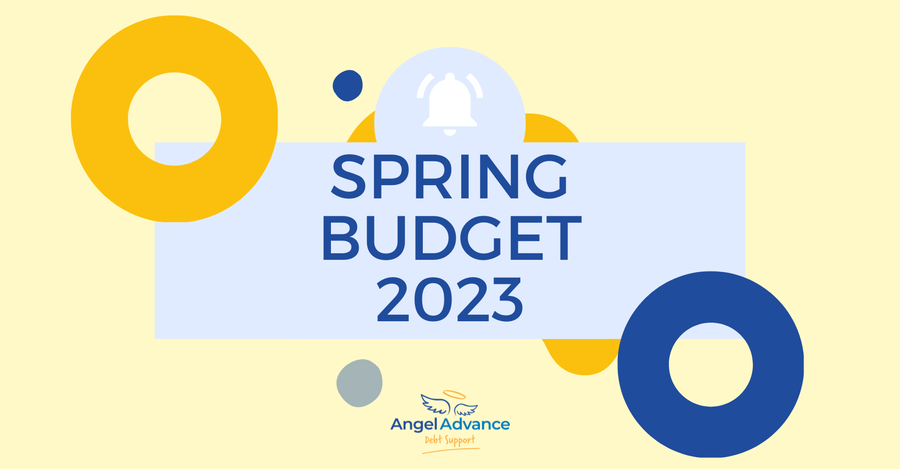The Spring Budget 2023 has been released with measures announced on childcare, energy bills and pensions. With the UK facing a cost of living crisis, soaring energy costs and record inflation, this year’s Spring Budget seems more pivotal than ever for individual finances. Here, we look at what measures have been announced by chancellor Jeremy Hunt and how they will really impact your finances.
The Spring Budget 2023
Energy prices
Perhaps the most eagerly awaited measure in the budget was the Energy Price Guarantee.
The Energy Price Guarantee was brought in to help UK households with soaring energy bills. Originally, this set a typical energy bill at an average of £2,500 a year, however, the Government had planned to raise this to £3,000 a year this April. In today’s budget, the Government confirmed that it WOULD NOT be raising the Energy Price Guarantee by 20% as initially planned. Instead, the Energy Price Guarantee will remain at £2,500 a year for typical use for a further three months.
This follows a campaign by Martin Lewis and other organisations who willed the Government to postpone the hike to prevent widespread fuel poverty.
While this announcement is of course welcome news for households, energy bills will still go up in April as the £400 energy bill support ends in March 2023.
Free childcare
Another hot topic in this month’ s budget is childcare support. There will be multiple changes in this area.
Universal credit claimants:
Firstly, for those claiming universal credit, the maximum amount of childcare will increase and childcare support will also be paid upfront.
Currently, parents on universal credit can claim a maximum of £646 for one child or £1,108 for two children or more. This will increase to £951 for one child and £1,630 for two or more children.
From this summer parents in England, Scotland and Wales will get the first month of childcare costs paid for upfront as opposed to paying for childcare yourself and then claiming back 85% of the cost.
Tax relief for pension savers
Pension savers will benefit from extra tax relief in measures announced by the chancellor.
Firstly, the amount you can save into your private pension pot will increase from £40,000 to £60,000. Meanwhile, the limit on how much you build up in pension benefits over your lifetime without paying tax, will be abolished.
While these changes mean that many will be able to contribute more tax-free to their pensions, there has been criticism that this does more to support larger earners than those struggling.
Changes to benefits
There have been plans to reform the benefits system for some time now, with the Budget starting to put these plans into action. The Government will scrap the Work Capability Assessment (WCA) to allow those on disability benefits to seek work without worrying about losing financial support. While some welcome this move, a timeline for implementation has not yet been announced.
In further changes to benefits, there will be tougher requirements to look for work making accessing benefits more difficult, a move that has faced criticism from campaigners.
Fuel duty frozen
As expected, fuel duty has been frozen again for a further 12 months. The 5p cut was brought in in last year’s Spring Statement but has been extended to help cut driver fuel costs.
Inflation slashed by half?
The OBR has announced that inflation is expected to fall by 2.9% by the end of 2023 with energy prices falling below the energy price guarantee limit to £2,200 by the end of July.
While this, and the help announced in the Spring 2023 Budget will no doubt be welcome news to many households, the cost of living crisis still provides a real risk to the majority of UK families. In fact, the OBR still expects living standards will fall by the largest amount since records began while real households’ disposable income per person is expected to fall by 5.7% in the next two financial years.
If you are struggling to make ends meet and are falling into problem debt, we can offer free, no obligation debt advice to help you get back on track. Either contact our debt advisors or use our online debt advice tool to get started today.


